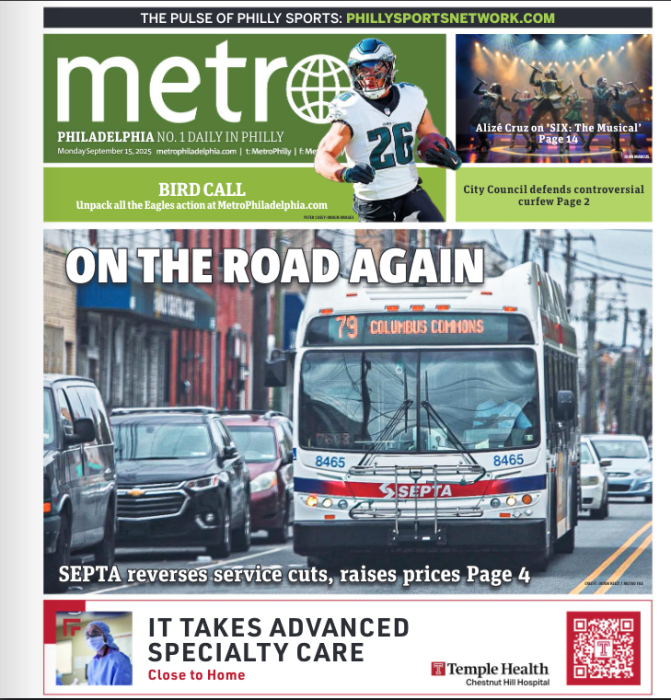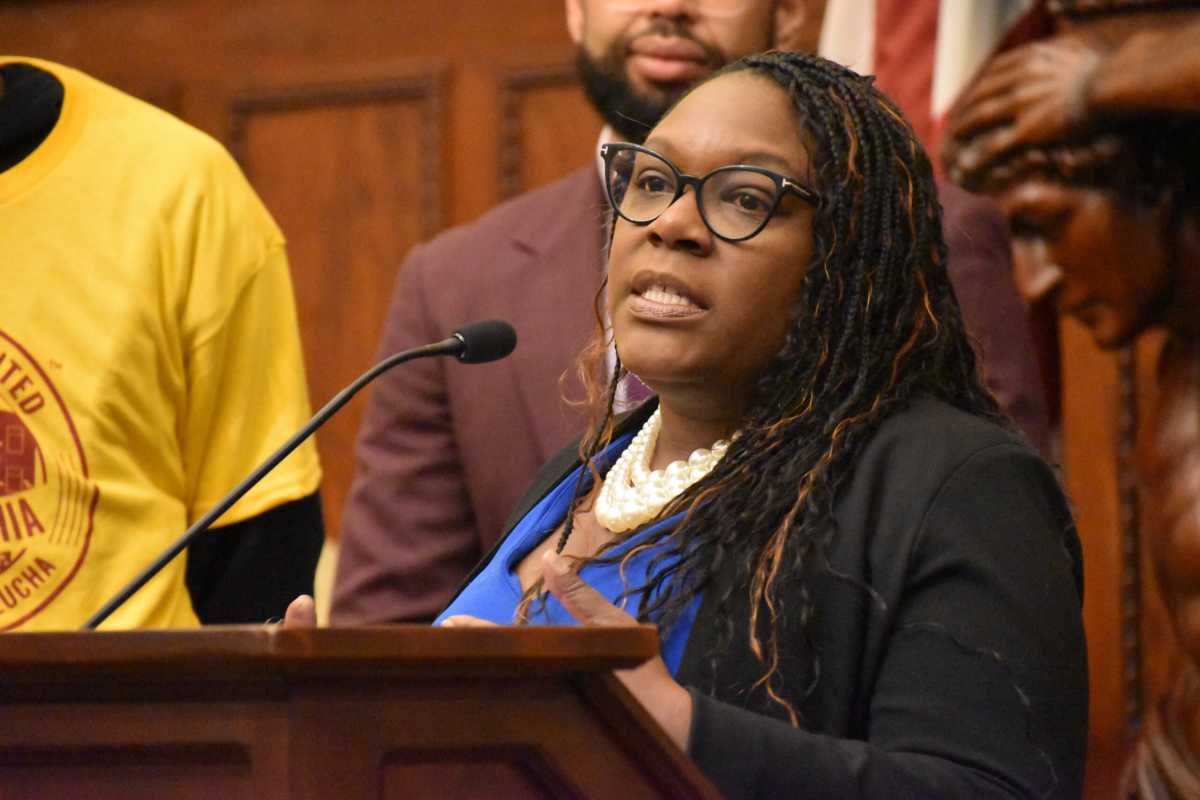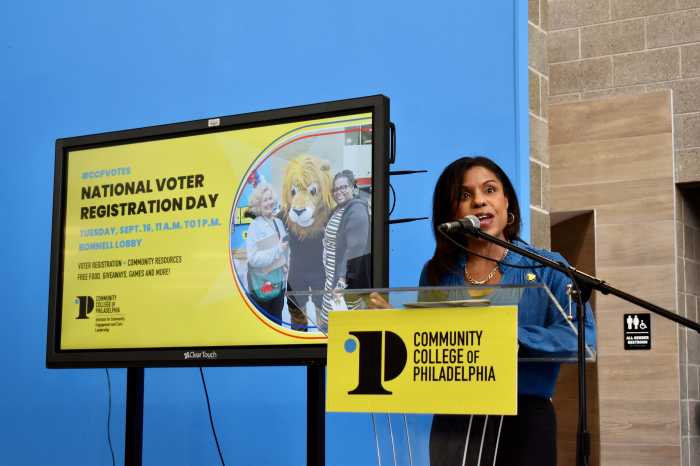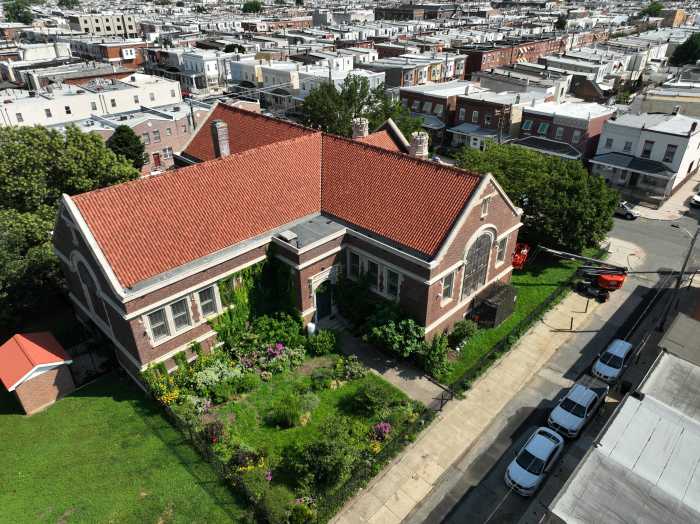Councilmember Kendra Brooks led a group of 12 City Council colleagues, labor leaders, and Philadelphia workers in introducing the POWER (Protect Our Workers, Enforce Rights) Act on Thursday, working to establish legal tools to enforce Philadelphia labor laws.
“Our labor laws are meaningless if we don’t have the tools to enforce them, and the POWER Act is a vital next step to continue the progress we’ve made to protect workers in our city,” said Brooks. “Workers’ rights are under threat from an aggressively anti-worker Trump administration, so it’s more important than ever that we strengthen our own Department of Labor here in Philadelphia.
“We can’t sit by while workers face threats of termination and deportation, simply for reporting an unsafe workplace, wage theft, or other violations of our labor laws.”
Brooks’s legislation is co-sponsored by a veto-proof majority of City Councilmembers and has received support from the National Domestic Workers Alliance, the Philadelphia AFL-CIO, Community Legal Services, among other local pro-worker groups.
“No worker in Philadelphia, regardless if they are a union member, should be afraid to stand up for themselves and their legal rights on the job,” said Philadelphia Council AFL-CIO President Daniel P. Bauder. “Passing the POWER Act is one of the easiest and most crucial steps to ensuring ALL workers in Philadelphia are protected, especially the most vulnerable.”
The Office of Worker Protections, housed within the City’s Department of Labor, now serves over 740,000 workers but lacks the capacity to effectively enforce labor laws, prevent retaliation against workers, and recover lost wages, according to city officials. After funding was cut last year, City Councilmembers voiced their support for stronger enforcement measures and more funding.
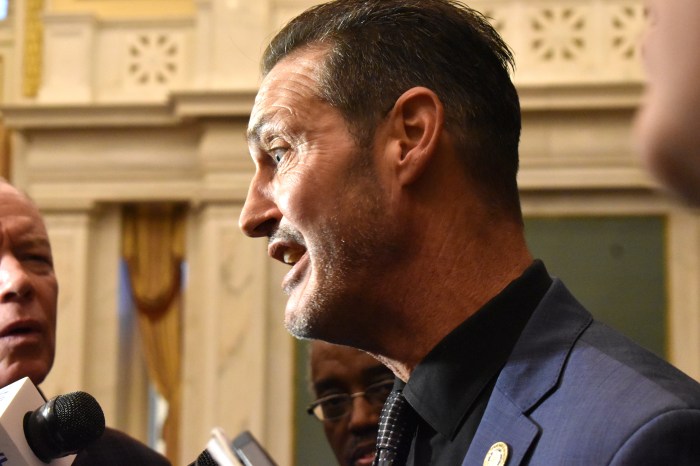
“Philadelphia has led the way in labor protections, and with this bill, we’re doubling down on our commitment to the working people who keep this city running,” said Councilmember Jim Harrity, Chair of City Council’s Labor and Civil Service Committee. “The POWER Act builds on the Domestic Workers Bill of Rights already in place, strengthening protections against wage theft, employee retaliation, and exploitation.”
Shortly after taking office, President Donald Trump signed a slew of executive orders as part his promised crackdown on immigration and migrant workers. Just eight days after Trump took office, ICE (Immigration and Customs Enforcement) conducted a raid at Complete Auto Wash in North Philly’s Juniata neighborhood resulting in the arrest of seven people.
In this climate of fear, Brooks says, many domestic workers, restaurant staff, retail employees, and caregivers are at higher risk of retaliation for reporting abuses like wage theft. Supporters of the POWER Act hope it will provide swift investigations of cases of retaliation, such as termination and ICE threats, and permits workers to receive compensation for damages they suffer from retaliation and other violations.
“Protecting our work force is paramount to job growth and vitality in the City of Philadelphia,” said Councilmember Mark Squilla.
